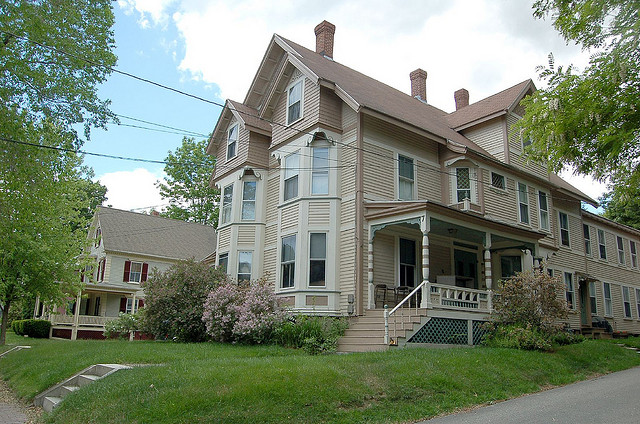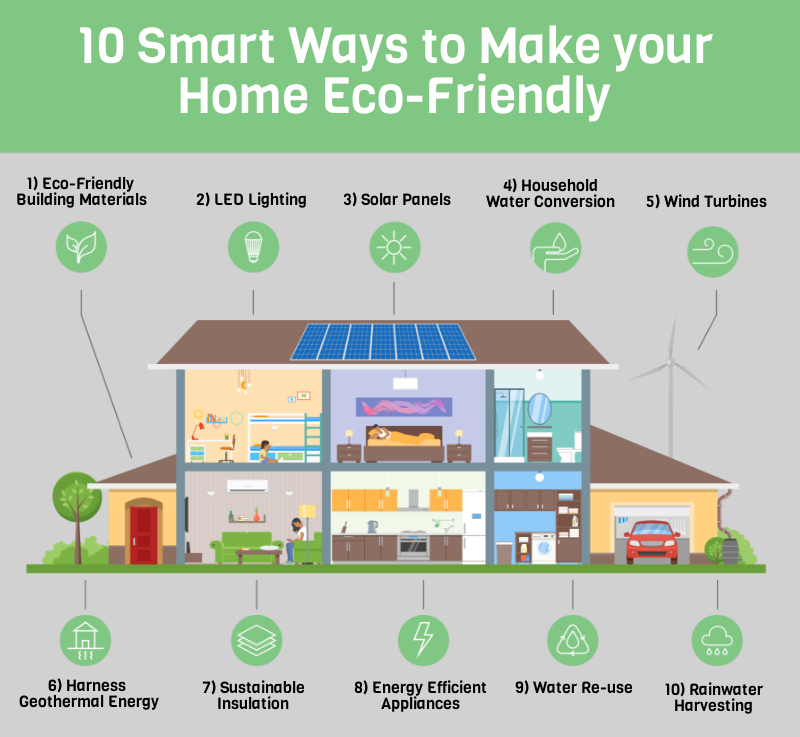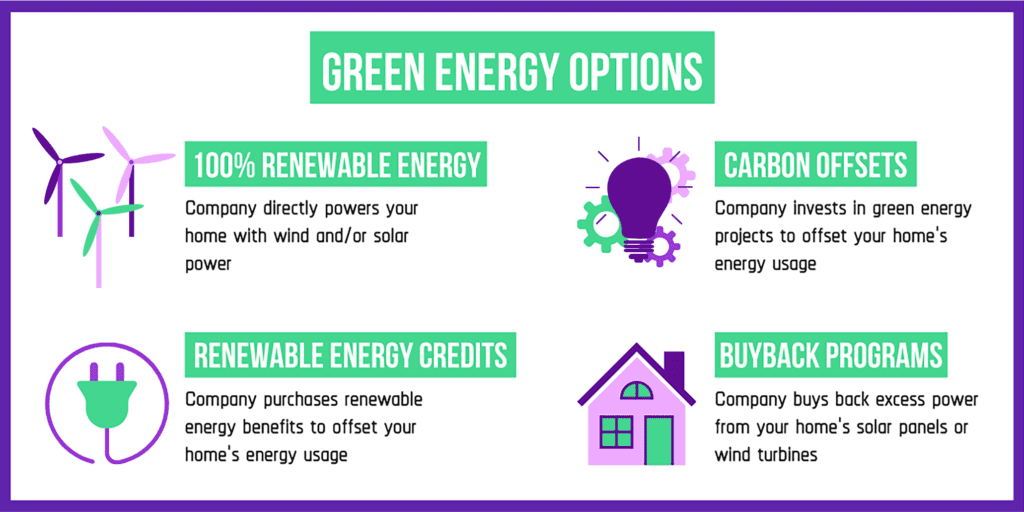It has never been so important to reduce the energy we consume at home as it is right now. Those with an eco-conscience will do their little bit to reduce the damage done to mother earth, but the majority of people are reducing consumption in an effort to lower their energy bills.
If you are just beginning to take the first steps towards saving energy in your home, you will find some useful information here to guide you through the project. Nothing comes for free, unfortunately so you may need to lay out a small sum of money to get started. The good news is that money spent is recouped from lower energy bills very quickly. Here are some ideas to get you started.
If your energy has been supplied by the same company and on the same tariff for many years, you are probably paying well over the odds for what you use. Turn to a different supplier and get a better deal. Contrary to popular belief, switching to a better deal costs nothing.
Double Glazing
Single glazed windows have poor insulating properties. They are also a source of condensation and damp problems in the home. Modern double glazed units will help cut the cost of heating the home and will pay for themselves in about five years.
Change Bulbs
Change all of your traditional light bulbs for energy efficient LED alternatives instead. They use ninety-five percent less energy than incandescent bulbs and last 20 times longer.
Insulate
Take a look in your roof space. Is there any insulation? If not, you are losing a great deal of money trying to keep the house warm because all of the heat generated is going out through the roof. The recommended thickness of thermal loft insulation is at least eight inches. The most efficient homes can have up to four feet of insulation. The product comes on a roll, is very easy to install, and is relatively inexpensive. You can expect loft insulation to pay for itself in less than two years, but it will keep working for you for decades.
If your home has brick walls with a cavity between them, it should be insulated. Nowadays the insulation is fitted as the houses go up, but years ago the cavities were left empty. Insulation can be retro-fitted by drilling holes in the exterior walls and blowing a product in to fill the gap. It is a job that the contractors usually complete in a day. When the roof and walls are well insulated, the heating system will not need to work so hard to maintain the temperature to which you are accustomed.
Draughts
Do not underestimate the effect of draughts on the heating bills. Seal any cracks around doors and use appropriate draught excluders on windows, letterboxes, and any other problem areas.
Buy New Appliances
If your appliances are old, there are modern alternatives that will do the same job and use less energy. Think about changing your washing machine, dishwasher, and central heating boiler for energy efficient alternatives.
All of these things add up to huge savings, so do not be hesitant in investing in them. Good luck with your energy saving projects.





